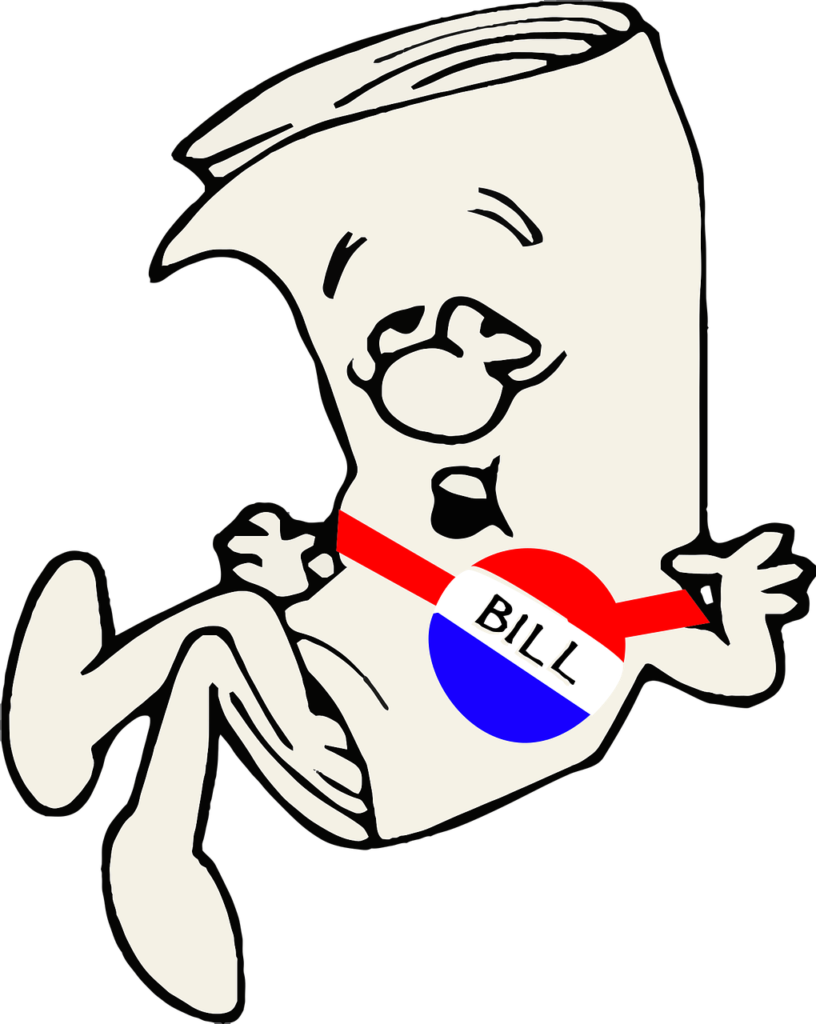
When I saw this picture I could not resist using it. This was a Bill and used in showing kids how one was crafted and finally signed. The Income Reduction Bill was such a creature and it followed the pattern. But, is it really an Income Reduction Bill or a Climate Bill. Bob Marshall comments.
The climate bill passed this month is rightly hailed as great news for the future of Louisiana and the nation. It means we’re finally starting programs to reduce the fossil fuel emissions driving rapid sea level rise that will drown our coastal communities in the decades ahead if not slowed. I also cheered the news. But its backstory contained two facts that dampen the enthusiasm the news brought. The first is that the method used to pass the bill shielded the public from this truth: Serious national sacrifice will be required to win this fight. That started with the bill’s name: The Inflation Reduction Act. No mention of climate change.
nola.com
Subterfuge? Or regular politics?
Hiding major impacts of a bill that voters might find objectionable is common political subterfuge. In this case, the bill’s supporters understood they would have to take attention away from its core target: Moving us away from fossil fuels. That was necessary because they knew the bill’s opponents — the GOP — would demagogue any attempt at addressing climate change that would cost Americans an extra penny or a change in lifestyles. They would claim the supporters were a bunch of “woke libs” aiming to take away our burgers, air conditioning, big boy trucks — well, just put an end to the American way of life beloved by real Americans. Or something like that. So even though our deadline to avoid some of the worst climate impacts is almost here, they scrubbed the more immediately effective approach of mandatory regulations. That approach requires legislation based on the proven “carrot-and-stick” model. The carrot: Government grants and tax breaks for businesses and citizens for voluntary compliance to regulations. The stick: Expensive fines and even closures for those who break the rules.
The word sacrifice is not in the bill but it is a fact of life.
But that method also requires Americans to sacrifice some of their traditional conveniences. In other words, it asks us to take some responsibility for the emissions causing the terrifying future racing toward us, a future in which that “traditional American way of life” would be lost in smoke and water anyway. However, when even some Democrats felt that was too big a pill for their voters to swallow, changes had to be made. So, they eventually came up with legislation that was all carrots, no sticks, known in politics as “a Christmas tree.” It’s packed with about $370 billion in carrots to move our transportation and energy industries away from fossil fuels. This includes big subsidies for purchasing electric cars, building electrical refueling stations, funding research to develop more efficient batteries, capturing carbon from emitting sources and much more. This was the political reality of what could be done. The Biden administration claims if all goes well, these changes can reduce our emissions 40% by 2030. That’s great. But we know to avoid the permanent onset of serious climate impacts by 2050, emissions must be reduced 50% by 2030. And one of those impacts is acceleration in sea level rise that could see the Gulf of Mexico two feet higher along our coast by 2050.
We are going to have to wake up and make sacrifices.
While the all-carrot first step is better than no step, our leaders should also be reminding Americans that this fight can’t be won without serious sacrifices. The second worrisome sign is that the five GOP members of our six-person House delegation joined all other Republicans in voting against the all-carrot bill. This is political malfeasance. Some of those politicians represent coastal parishes that are the most immediately threatened landscape in the nation. In fact, the state’s own 50-year $92-billion coastal master plan says success now depends on quickly reducing emissions to slow sea level rise. Yet they all are likely to be reelected. And that should be the most troubling part of this story for anyone living south of Baton Rouge.
It all comes down to voting and not voting for those who will not help counter climate change.



